|
Hello again and welcome to the third round of revelations about my ongoing Doors homage album. This time I'm taking you all on a trip down to "L'America". The final recordings made by the Doors with Jim Morrison appear on the 1971 L.A. Woman album. Most of these recordings were cooked up by the Doors without the assistance of their long-time producer, Paul Rothchild, but I'm guessing Rothchild actually was involved in "L'America", because this song was recorded a long time before all the other music on L.A. Woman. L'America was originally written to be part of the soundtrack to Michelangelo Antonioni's 1970 anarchistic counterculture movie: Zabriskie Point. But Antonioni rejected it. I've seen the movie, and it features music by Pink Floyd, the Grateful Dead, and other psychedelic 1960's groups. While much of the film was shot in the deserts bordering Mexico, none of the film is actually set in L'America (Latin America). I have no idea whether this factor had anything to do with Antonioni's rejection, but I thought I'd mention it just to add a little background for people unfamiliar with the film. Anyway, I've always felt this song was a stand-out on the LA Woman album. It has lots of interesting twists and turns, while it maintains an insistently catchy pulse throughout. Plus, the lyrics are quite thought-provoking. Doors drummer John Densmore claims the bit about trading "beads for a pint of gold" is a reference to a pot purchase. And, of course, the line – "he'll even teach you how to ... find yourself" has a rhyming connection that packs an unforgettable punch. Here's a list of the tools I used to create my interpretation of the song: "The Doors Complete": a songbook produced by Warner Brothers in 1983 Computers: Windows XP, Windows 10 Software: Cool Edit Pro II, Audacity, Midisoft MIDI Scorewriter, Windows Media Player, Roxio 2011 Sound Recorder, Several Plug-In Audio Sound Effects Fender "Reflector" Stratocaster Electric Guitar (1990's Squire Model) Aklot Electro-Acoustic Soprano Ukulele Korg R3 Vocoder/Synthesizer A Tom Tom from a cheap, standard drum kit, played with brushes An original recording of a Thunderstorm and Train that I made in 2007 My Voice A cheap, barebones, 4-channel, Radio Shack Mixer Like the "Unknown Soldier", which I discussed in my previous post, "L'America" is made up of several different "movements." The beginning and the ending are similar enough that I could work out some of the arrangements for these sections almost as if they were one-in-the-same. There are two sort of basic "rock and roll" sections between these two ends of the song, which each needed some specific attention of its own. And finally, a sort of "carnival" interlude pops up between the rock and roll bits. As with my "Unknown Soldier", I started out this production by transposing notation from the Doors songbook into my Midisoft Scorewriter, creating four bare bones MIDI files that I could arrange individually. I set the tempo of these files to mimic the tempo of the Doors original "L'America". I then arranged several variations of each file to create base tracks for each movement of the song -- many more variations than I had made for my "Unknown Soldier". My overall plan was to produce a piece full of unique sonic mood shifts to bring out some of the variety that I heard in the original Doors recording. The Doors original creates its variety using only basic rock instrumentation -- very well performed instrumentation, of course, but no instruments are involved outside of the Doors' usual voice, keys, guitar, and drums ensemble. (NOTE: Jerry Scheff plays bass on all the songs on the L.A. Woman album except "L'America"). My version features a more orchestrated type of variety. I then recorded vocals to augment each MIDI movement (of course, none were needed for the non-vocal carnival bit). In this effort, I employed the same processes that I discussed in my previous posts, including running one of my microphones through my vocoder. For the background vocals, I experimented for a long while, playing with a wide variety of settings on the vocoder. To me, the thing that really holds the Doors "L'America" together is Densmore's drumming. I love to play around with percussion, but I have only limited talent when it comes to playing an entire song's worth of consistent rhythms, so drumming all the way through this song would have been a very challenging option for me. And, while I often employ generated electronic or MIDI drums in my compositions, I didn't think either of these approaches would give a proper nod to Densmore's talents, nor fit with my overall vision for the song either. So... I recorded some bits of spot drumming on an old Tom Tom, employing not sticks, but brushes. I played around a lot with technique in this experiment -- I tried holding one brush hard on the drumhead and pounding it with the other -- I tried angling the bristles in different ways -- I tried rubbing the brushes on the drums in different patterns -- you get the idea... Drums are some of the most difficult instruments to record with decent sound quality, but after a bit of trial-and-error, I got a couple of mics placed and mixer levels set to achieve some nice, undistorted, punch -- all edged with a bit of reverb. My eventual results allowed me to double-track bits of what I recorded into a few nice embellishments that jump out and move the song along at critical moments. The four-note repetition that makes up the backbone of the opening and ending bits of "L'America" seemed to me to be just the sort of sequence that could be orchestrated with a lot of different sounds. So my next experiments involved playing those four notes with an electric guitar and an electro-acoustic ukulele -- with each plugged through my Korg vocoder. My acquisition of this particular ukulele was directly related to me working on this Doors homage album. When I first conceived of this project, before I had actually recorded anything, I had planned to use a Mahalo ukulele, which has been in my possession since 2005, and which has embellished many of my recordings since that time. But when I got it out of the closet and started playing it, I heard a nasty new string buzz coming from the bridge. I tried to fix it myself, but had no luck. I knew taking it to a luthier to get it fixed would cost more than the uke was worth, so it was time for me to buy a new one. The one I got has a built in pick up and tuner -- it plays real nice too. This new "Aklot" model will make its Taped Rugs debut on three of the songs that I have recorded for my Doors homage. The Korg R3 vocoder is set up to create an infinity of combinations of effects and filters -- so I let my patience and imagination settle in for plenty of experiments when recording the guitar and ukulele bits. I also played around with ideas for a lead to accompany the ending of the song. I was really trying to achieve something unique for this lead, and methinks that the odd, counter-rhythmic, vocoded uke thing that I ended up with met my goal quite nicely. The last recorded bits I created for L'America came from the vocoder / synthesizer, played on its own, with nothing plugged through it. I recorded some spacy atmospherics to strategically locate within the final mix, as well as an intro bit. "L'America" is a song about taking a trip, and, almost subconsciously, I ended up using the vocoder's arpeggiator to get a repetitive rhythmic effect for the intro, sort of mimicking the rhythm of a train on the tracks. As with the other songs I that I discussed in my previous posts, I sculpted together all my sound edits into a final mix with Cool Edit Pro software. Like the "Unknown Soldier", "L'America" was gradually assembled together from its beginning to its end. The thunderstorm at the beginning worked perfectly, setting the scene for all the song's lyrics about rain, bleeding its train right into the vocoder's rhythms. Tweaking the timing between the various movements of this piece took some work to create a proper sense of continuity, but after that was achieved, all the blocks seemed to fall nicely into place. Methinks my version of "L'America" takes listeners on a bit more of an experimental journey than the "Moonlight Drive" and "Unknown Soldier" that I shared with you all in my previous posts. I wonder at the reactions it will produce. I intend on doing one more recording before I'm finished with the homage. When it's all done, album notes will provide a few more insights into the project's production. Like the three songs I've shared so far, each of the other songs has its own quirks, making the whole presentation an ever-shifting set of perspectives on the Doors. Thanks much for going on this little journey with me.
9 Comments
|
Swami LoopynandaI am one of the several alter-egos of Charles Rice Goff III. I am best known as a radio host, although I have had some of my reviews published here and there over the years, and have even been involved in occasional recording projects. Archives
June 2020
|
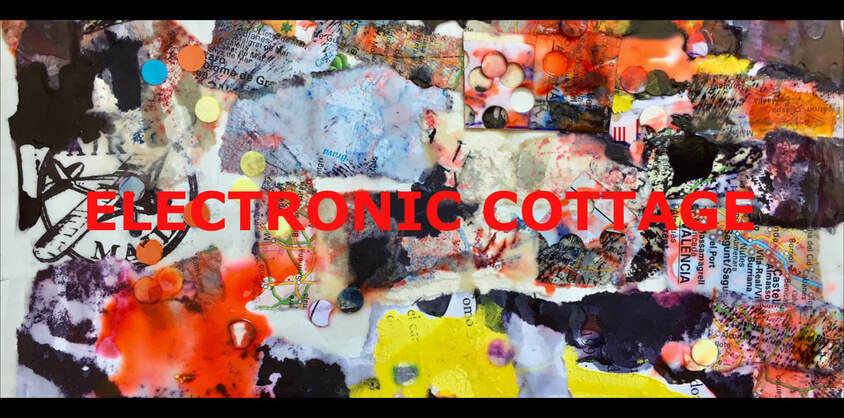
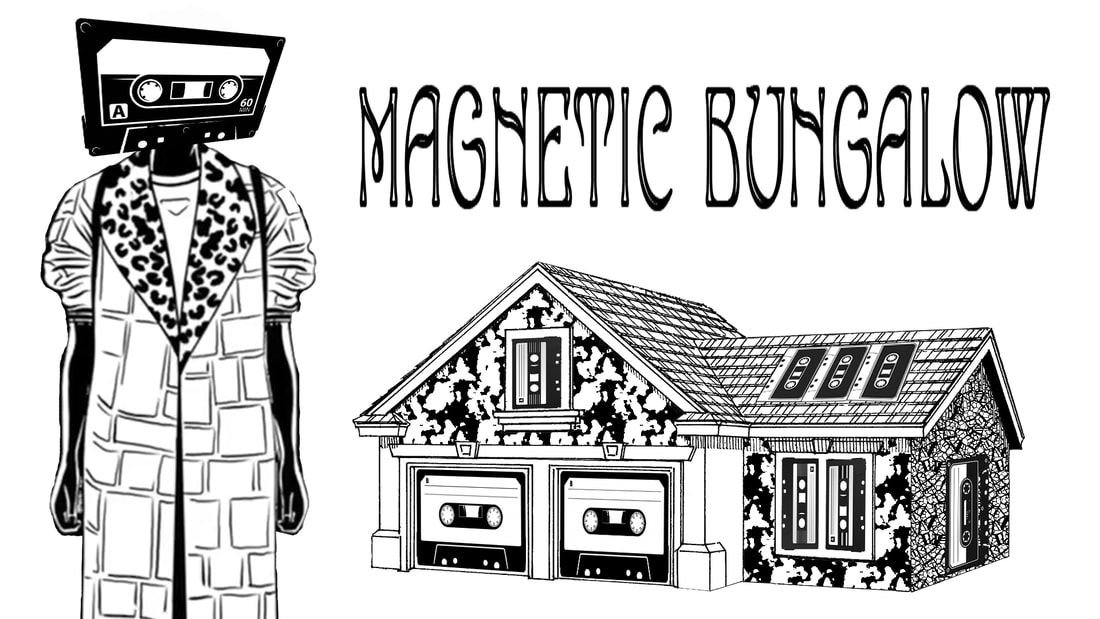
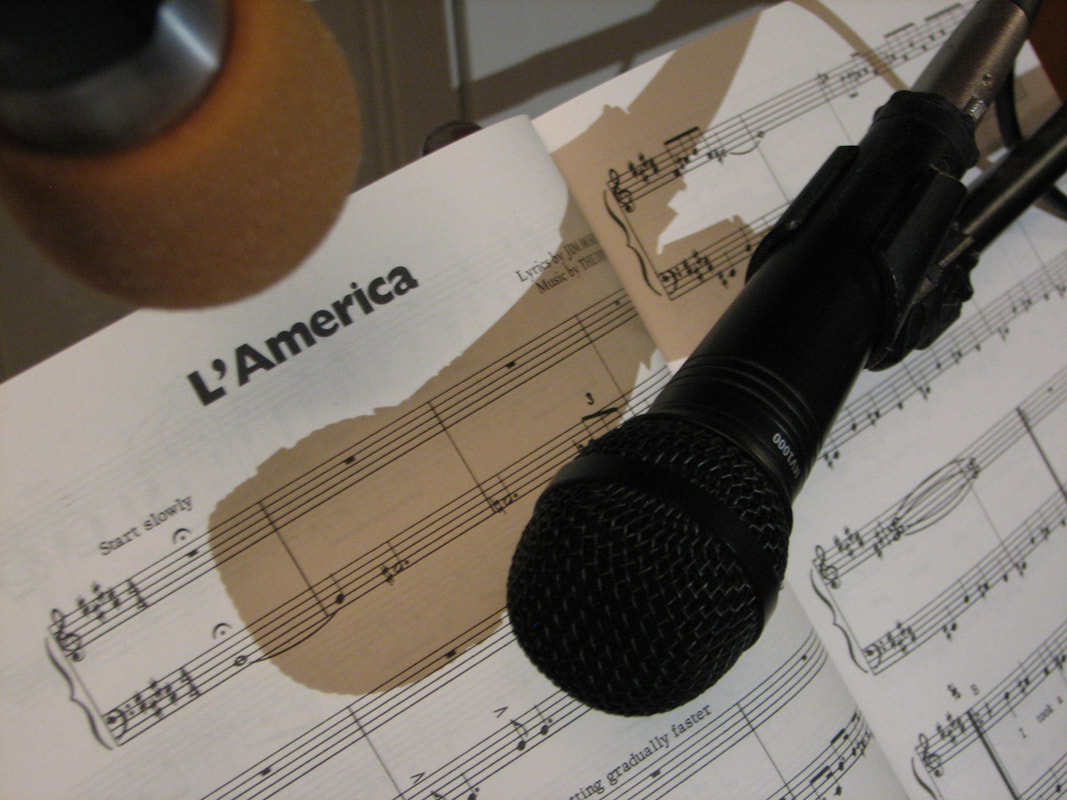
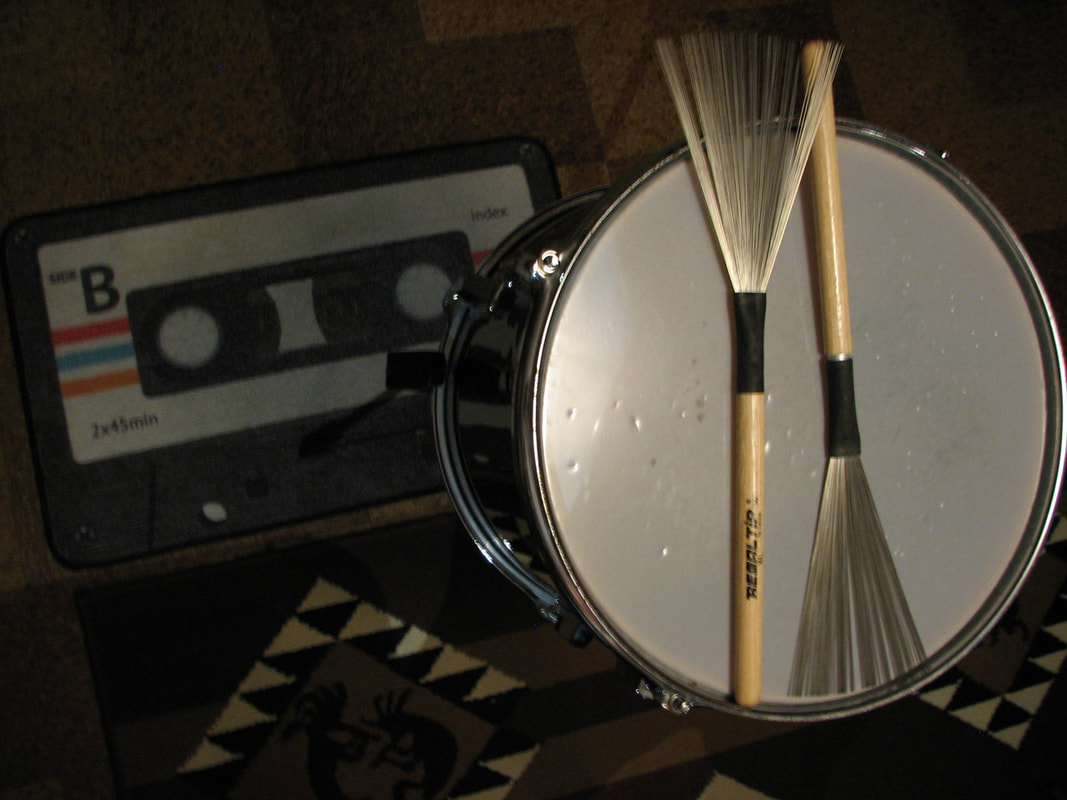
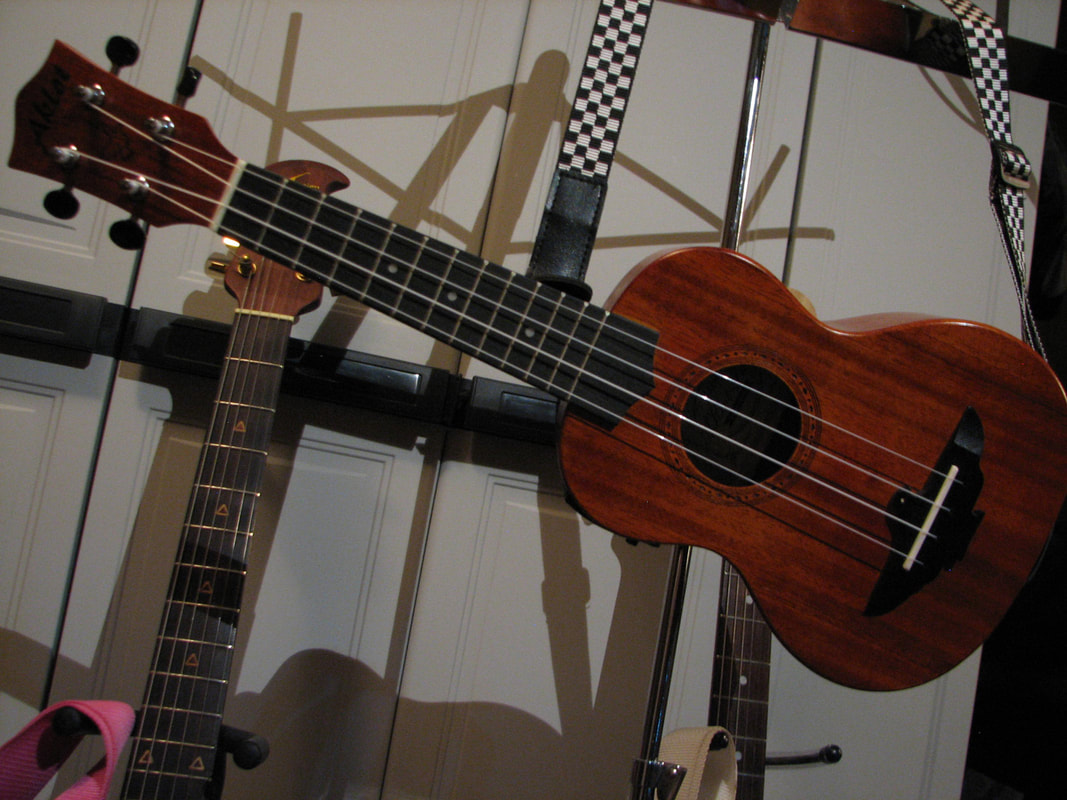
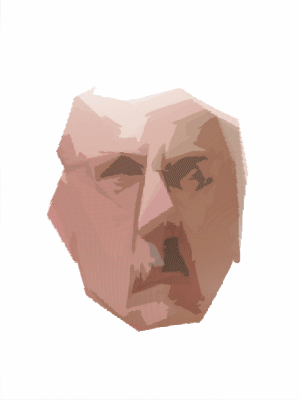
 RSS Feed
RSS Feed